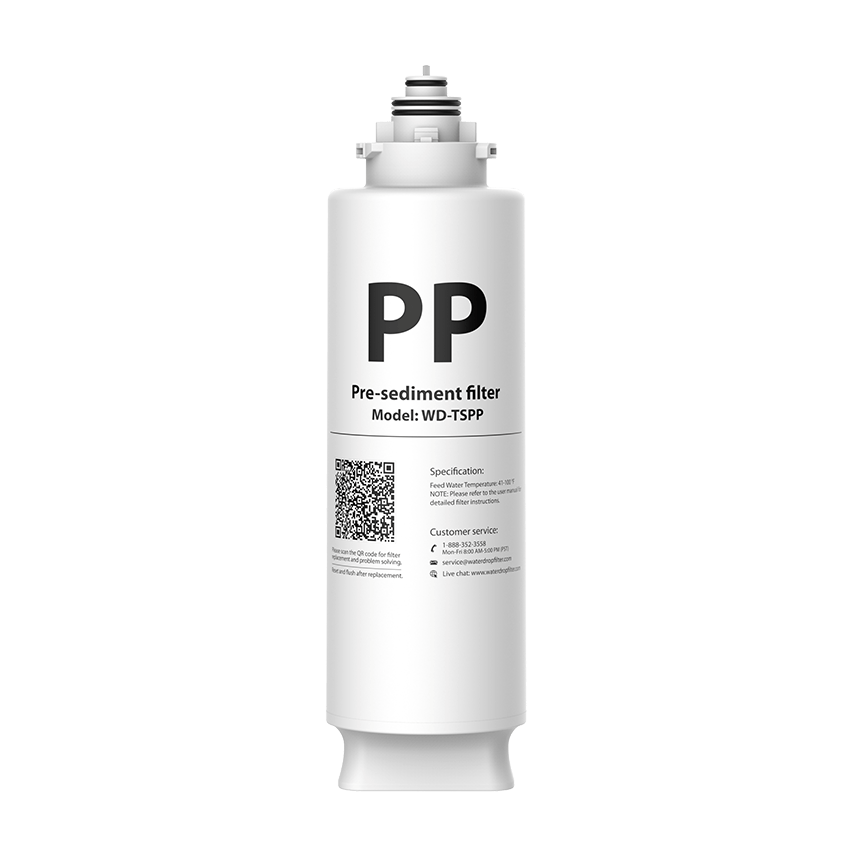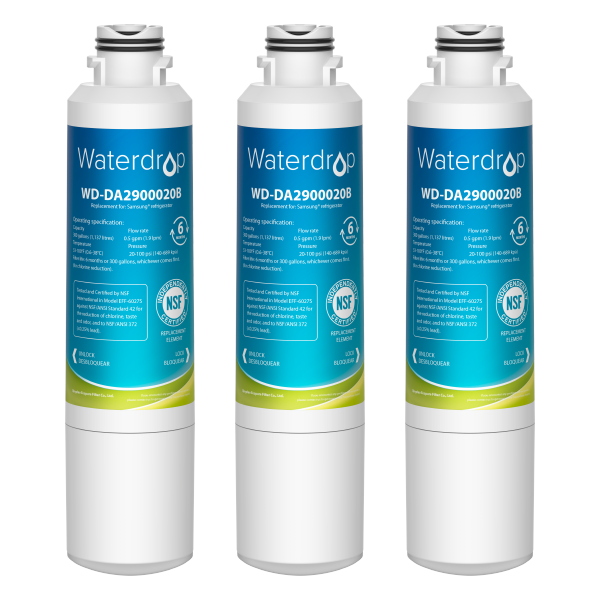How a Tap Water Filter Improves Water Quality and Health?
by Dr. Jonathan Doyle - Updated December 13, 2024
Access to clean, safe drinking water is essential for good health, but tap water often contains impurities that can affect its quality. From chlorine and heavy metals to sediment and bacteria, these contaminants can impact your health, skin, and even the taste of your water. Fortunately, tap water filters offer a simple and effective solution to ensure the water in your Australian home is not only safe but also refreshing and pure.
This article explores how a tap water filter can improve water quality and health, the benefits of filtered water, and why investing in one is a smart choice for Australian households.

Understanding the Need for Tap Water Filters
Tap water in Australia is generally safe, thanks to rigorous water treatment standards. However, even treated water may contain residual chlorine, fluoride, sediments, and other trace contaminants that can affect its quality.
Common Contaminants in Australian Tap Water
- Chlorine: Added during water treatment to kill bacteria, chlorine can leave an unpleasant taste and smell in tap water.
- Fluoride: While fluoride is added to prevent tooth decay, excessive amounts may lead to fluorosis or other health concerns.
- Heavy Metals: Aging pipelines can leach lead, copper, or iron into water.
- Pesticides and Chemicals: Agricultural runoff can introduce trace amounts of pesticides and herbicides into water supplies.
- Microorganisms: Though rare, waterborne pathogens like E. coli or Giardia may occasionally contaminate water during supply interruptions or system failures.

How Tap Water Filters Work?
Tap water filters use advanced technologies to remove impurities and enhance water quality. These filters are designed to target and eliminate specific contaminants, making tap water safer and healthier to consume. Common filtration methods include:
Sediment Filtration
Sediment filters are the first line of defense in a tap water filter system. They capture large particles such as dirt, rust, and sand, preventing these impurities from clogging the system or reaching your drinking water.
Activated Carbon Filtration
Activated carbon filters trap contaminants like chlorine, volatile organic compounds (VOCs), and certain heavy metals. They work by adsorption, where impurities bind to the surface of the carbon.

Reverse Osmosis System
RO systems use a semi-permeable membrane to filter out up to 99% of contaminants, including heavy metals, fluoride, and microorganisms. This method is ideal for comprehensive filtration.
UV Purification
UV light systems neutralize bacteria and viruses, providing an extra layer of protection against waterborne pathogens.
Benefits of Using a Tap Water Filter
Investing in a tap water filter offers a range of benefits for both your health and overall quality of life.
Improved Taste and Odor
Filtered water is free from chlorine, sulfur, and other compounds that cause unpleasant tastes and odors. This makes drinking water more enjoyable and improves the flavor of food and beverages prepared with it.

Reduced Health Risks
By removing harmful contaminants such as heavy metals, pesticides, and bacteria, tap water filters protect you and your family from potential health risks, including gastrointestinal issues and long-term exposure to toxins.
Skin and Hair Benefits
Chlorine and other impurities in water can dry out your skin and hair, leading to irritation or damage. Filtered water helps maintain moisture, leaving your skin softer and your hair healthier.
Environmental Impact
Using a tap water filter reduces reliance on bottled water, cutting down on plastic waste and supporting sustainable practices.

Choosing the Right Tap Water Filters for Your Home
When selecting a tap water filter, consider your household’s specific needs and water quality concerns. Here are some popular options:
Countertop Filters
These filters sit on your kitchen counter and connect to your faucet. They offer higher filtration capacity and are perfect for families with moderate water usage.
Under Sink Filters
Installed beneath your sink, these systems provide high-capacity filtration without taking up counter space. They are great for larger households or those seeking more advanced filtration.
Whole House Filters
Designed to filter all water entering your home, these systems ensure clean water for drinking, cooking, and bathing. They’re a comprehensive solution for households with diverse water needs.

Why Filtered Water is a Must for Australian Homes?
Clean, filtered water is essential for maintaining a healthy lifestyle. Here’s why every Australian household should consider installing a tap water filter:
- Safe Drinking Water: Protect your family from potential contaminants and enjoy peace of mind knowing your water is clean.
- Cost Savings: Reduce spending on bottled water by switching to a tap water filter.
- Environmental Benefits: Minimize your carbon footprint by reducing plastic waste.
- Healthier Lifestyle: Filtered water supports hydration, better skin, and improved overall health.
Conclusion
A tap water filter is an essential addition to any Australian household, providing cleaner, healthier, and better-tasting water. Whether you’re addressing specific contaminants or simply seeking improved water quality, there’s a filtration option to suit your needs. By investing in a high-quality filter like the Waterdrop X8 , you’re taking a step toward better health, sustainability, and overall quality of life.
Contaminants Detected in Fruitland Water Special Service District
30
Contaminants
EXCEED EWG HEALTH GUIDELINES
EXCEED EWG HEALTH GUIDELINES
30 Total Contaminants in Your Water
Water Provider
Fruitland Water Special Service DistrictPopulation Affected
120,000Water Source
Ground waterExceeds Guidelines
Others Detected











